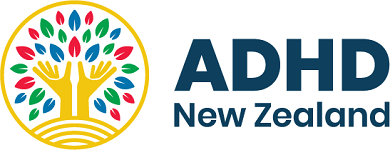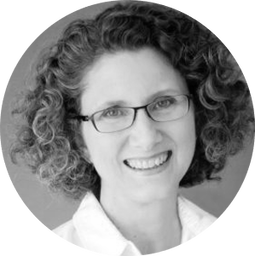Photo by Ольга Simankova
What am I telling myself?
|
Thanks to author Brett Harrington, MACAT, ANZACATA Therapist, ADHD specialist
As well as being on the board of ADHD NZ, Brett Harrington is an ADHD specialist coach, counsellor and therapist and manages her own consultancy, ADHD Sorted. Since 2011, she has been dedicated to working with adults and children with ADHD using her ADHD-friendly and tailored approach to help them to manage life's challenges, be it in school, university, employment, business or relationships. "In this series of blog posts, I’ll talk about the 5 key ‘Awarenesses’ those with ADHD need to achieve a less confusing and more productive life. We should approach these 'Awarenesses' with a spirit of curiosity and a big helping of self-compassion. "This is the second in this series of five blogs." |
What am I telling myself?
In my first blog in this series "What am I actually doing?" (link below), I discussed what an eye-opener it can be to become more aware of what we actually do in a day.
In that blog I shared that we often find we are more productive than we realised, and some of us notice there is a rhythm to the way we function. We notice when are we most productive, and when we feel guilty for taking ‘dopamine breaks’.
Yet when managed well, those breaks are necessary and support productivity overall. We may realise that we take the busiest times of day for granted, such as when we spend quality time with our children. We think these times don’t count as productivity when they absolutely do!
This exercise helps us to look at what we may be telling ourselves, inaccurately, about our productivity.
We are often telling ourselves that we should have done more or better when we may be doing just fine, and certainly the best we can.
The second awareness is to notice, what am I telling myself? Is it really true? Also importantly, how am I speaking to myself? Is it with curiosity and self-compassion?
In that blog I shared that we often find we are more productive than we realised, and some of us notice there is a rhythm to the way we function. We notice when are we most productive, and when we feel guilty for taking ‘dopamine breaks’.
Yet when managed well, those breaks are necessary and support productivity overall. We may realise that we take the busiest times of day for granted, such as when we spend quality time with our children. We think these times don’t count as productivity when they absolutely do!
This exercise helps us to look at what we may be telling ourselves, inaccurately, about our productivity.
We are often telling ourselves that we should have done more or better when we may be doing just fine, and certainly the best we can.
The second awareness is to notice, what am I telling myself? Is it really true? Also importantly, how am I speaking to myself? Is it with curiosity and self-compassion?





